Published
7 months agoon
By
Adubianews
Energy analyst Kwadwo Poku has dismissed the National Democratic Congress (NDC)’s flagship 24-hour economy as an unrealistic political slogan lacking a real economic foundation.
Speaking on JoyNews’ AM Show, Poku said the initiative is being promoted with shifting explanations and without a clear implementation strategy, warning that it distracts from the urgent economic challenges facing the country.
He noted that the concept, when first introduced, appeared to focus on creating jobs through shift-based operations, such as night work. “There was even an alleged claim that welders working at night would receive cheaper electricity,” he recalled. But according to Poku, the narrative has since changed.
The official policy document now focuses more on broader themes like productivity, industrialization, and economic expansion, elements he says have diluted the original idea of a true round-the-clock working system.
Poku argued that Ghana’s current market-driven economy cannot simply be instructed to run 24 hours a day. “You cannot mandate a 24-hour economy in a demand-and-supply-driven market,” he stressed.
“What they have now is a comprehensive plan aimed at economic growth, but labeling it ‘24-hour economy’ is misleading.” In his view, a real 24-hour system would require structural and market demand changes that the current policy framework does not address.
He also raised red flags about the financial viability of the plan. Citing the policy’s projected cost of $4 billion, plus an additional $10 billion from other proposals like the ‘Big Push’, Poku questioned where the NDC intends to find $14 billion within such a short political window.
“President Mahama has only four years in office, and after exiting the IMF program next May, he will have less than two and a half years to mobilize these funds,” he warned. “Ghana recently secured $3 billion from the IMF, disbursed over three years. Where will $14 billion come from in just 18 months?”
The energy analyst further doubted whether the private sector could support such an ambitious financing plan. He explained that Ghana’s B-credit rating already limits how much the country and local businesses can borrow, especially at competitive rates.
“No private sector investor is in a hurry to inject a billion dollars within a couple of years,” he said. “Local companies cannot borrow at rates cheaper than the sovereign, and multinationals rely on their parent companies abroad for major investments.”
Despite his criticism, Poku acknowledged that the policy document includes some promising ideas. However, he suggested that those ideas would be better placed within a national development framework, overseen by a non-political body like the National Development Planning Commission (NDPC).
“The document contains brilliant ideas, but it should be integrated into a long-term national development agenda,” he concluded. “Trying to rush such an ambitious program within a limited political timeframe is unrealistic.”
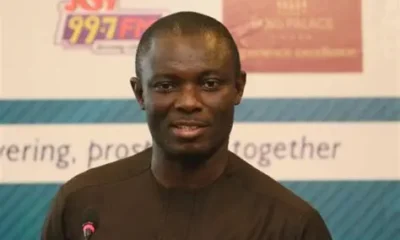

Kwaku Kwarteng Dismisses 24-Hour Economy as Empty Campaign Rhetoric
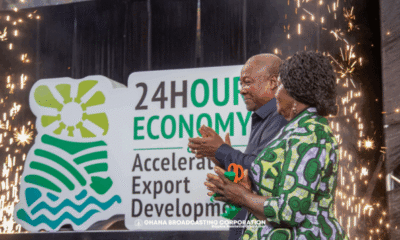

Mahama Unveils 24-Hour Economy to Position Ghana as Africa’s Investment Hub
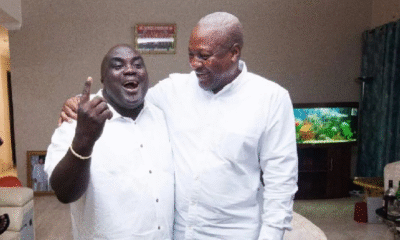

Julius Debrah Says 24-Hour Economy Already Underway
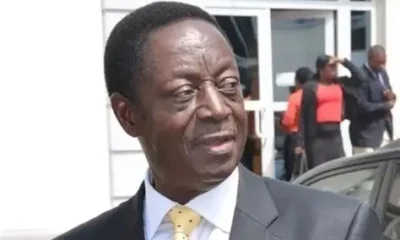

Kwadwo Poku Slams AG’s Decision to Drop Charges Against Dr. Duffuor


Energy Analyst Urges Special Laws and Courts to End Galamsey Menace


Professor Gyasi Urges Long-Term Commitment to Ghana’s 24-Hour Economy


24-Hour Economy Useless Without Cheaper Power and Credit – GNCCI Boss Warns


President Mahama Confirms July 1 Launch Date for 24-Hour Economy Policy
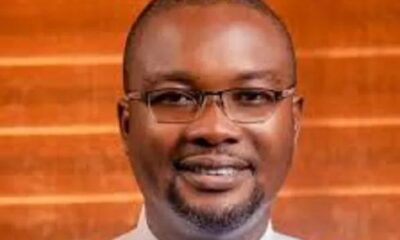

Ekumfi MP: 24-Hour Economy Will Boost Firms Like Ekumfi Juice to Expand and Create More Jobs 

























